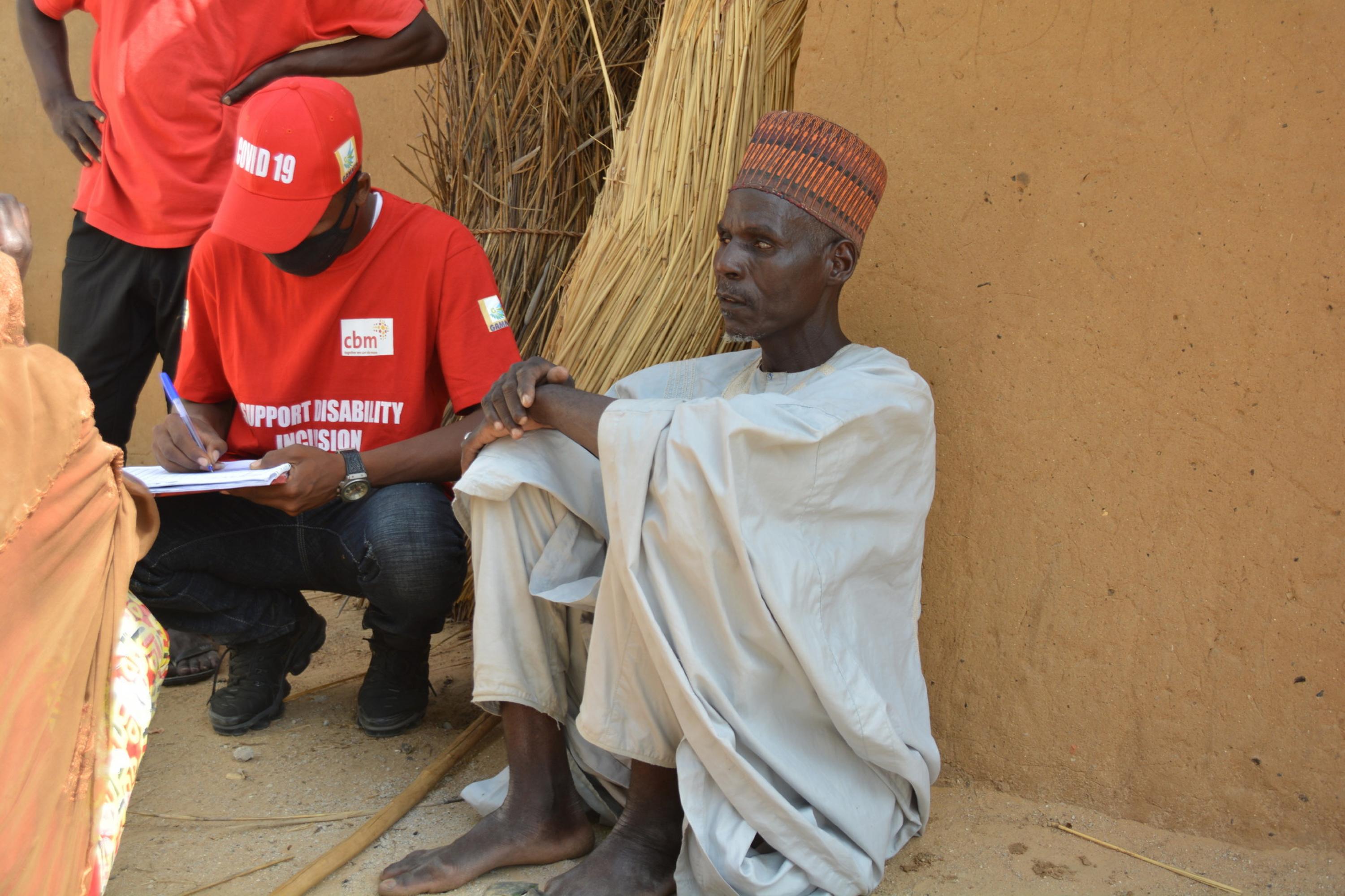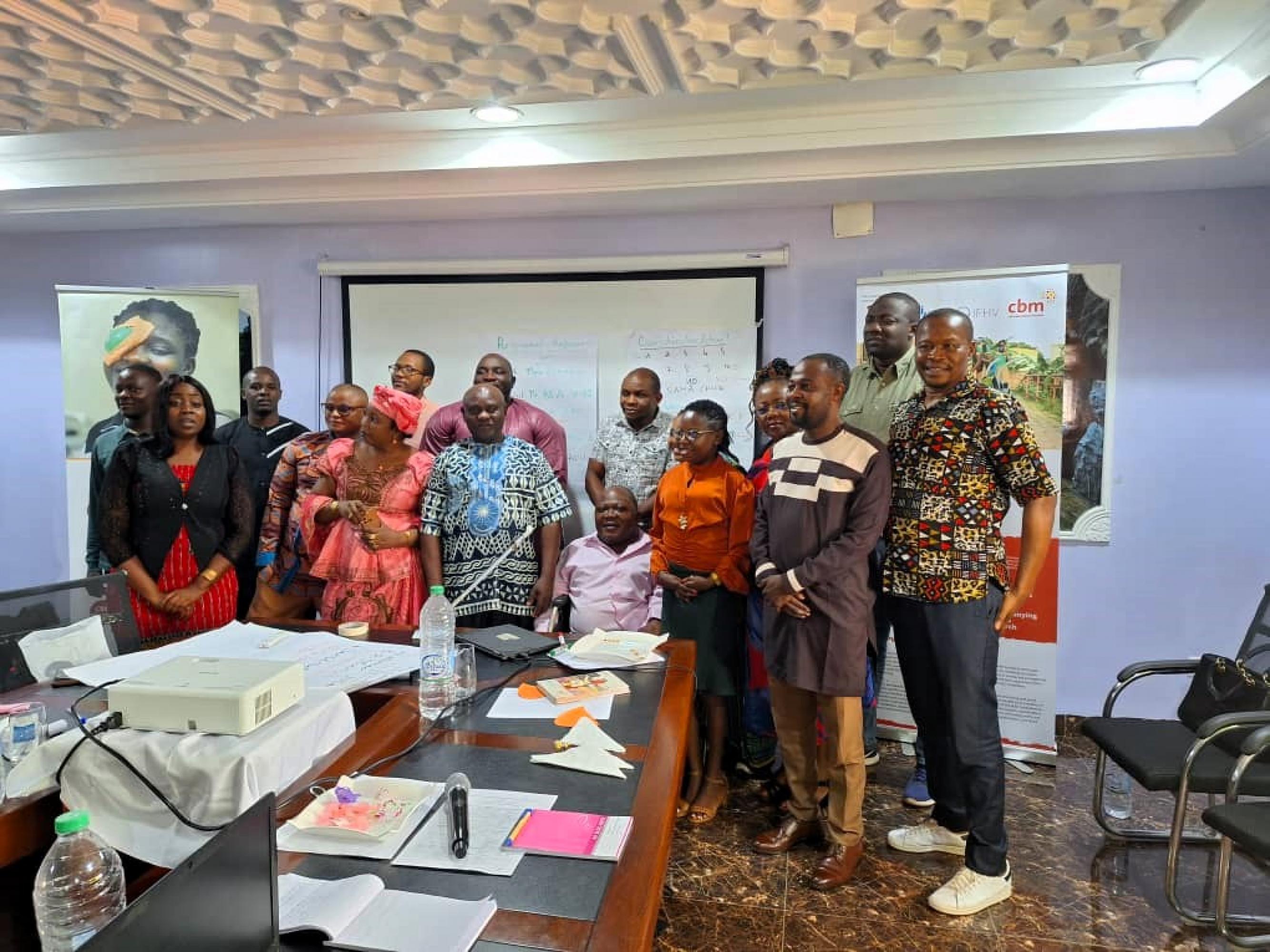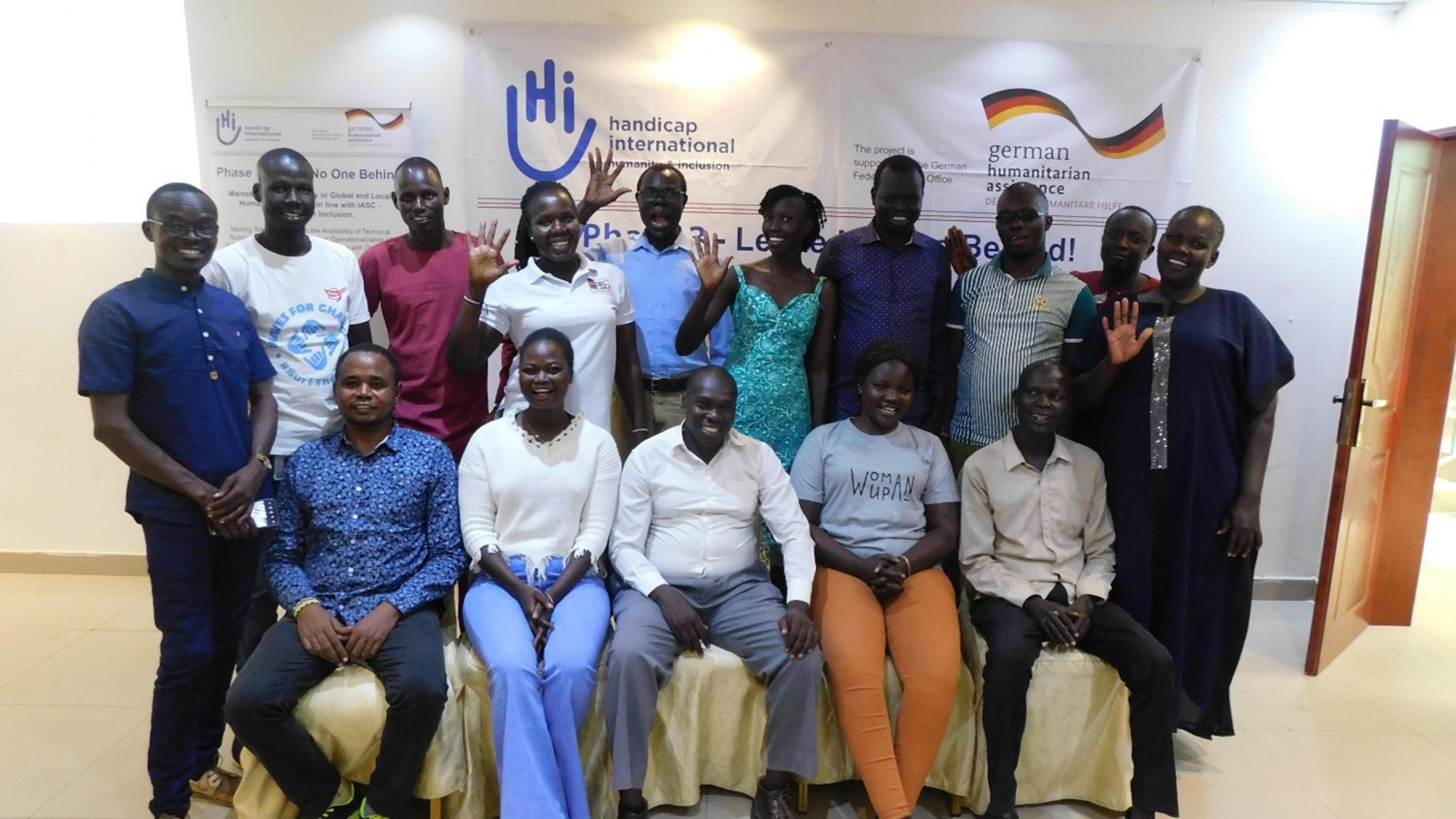Nigeria has a total population of about 211 Mio people. The protracted crisis resulting from armed conflict with non-state armed groups in north-east Nigeria continues. Due to this conflict an estimated 3,3 Mio people are internally displaced, hundred of thousand have fled to neighbouring states, essential services and agriculture production are disrupted, and livelihoods destroyed. Humanitarian operations are difficult, dangerous and costly, supply routes often insecure. Therefore 1 million people find themselves in areas currently inaccessible to international aid. Malnutrition is a major problem, especially amongst children. Health crisis such as COVID-19 or a recent Cholera outbreak in the BAY states worsen the situation, especially for vulnerable groups of people and in overcrowded “garnison towns” and refugee camps.
In recent years CBM has implemented large projects with a strong focus on humanitarian and transitional aid in the crisis-affected northeast of the country. CBM has also expanded its humanitarian interventions to respond to humanitarian needs arising from clashes between pastoralists and farmers. CBM is also providing services to refugees from Cameroon, who have been displaced through the so-called “Anglophone Crisis”.
Disability-Inclusion in Humanitarian Response
There has been some improvement related to disability mainstreaming among humanitarian actors. Especially trough a DFID-funded disability audit , the gaps in disability inclusion where clearly articulated. This led to a growing interest of international NGOs and United-Nations-agencies to work towards an inclusive humanitarian response. There is still a large gap in systematically addressing disability inclusion as a mainstream issue. The Human Response Plan 2022 shows a solid improvement on disability-disaggregated data.



